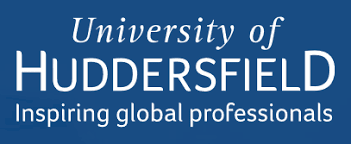Ground-breaking Cancer Research at the University of Huddersfield leading to EPSRC Award

Finding effective treatments for cancer is tremendously difficult. Current conventional and targeted chemotherapy drugs present their own challenges as their poor selectivity, the rapid emergence of drug resistance and limited utility meaning that not all patients will receive benefit from the treatment.
However research looking into the selectivity of compounds at the University of Huddersfield has been published in the respected journal, Nature Communications and demonstrated excellent results with the potential to make cancer treatment more effective, accessible and active against cancers that are resistant to current chemotherapies.
Furthermore in response to these ground-breaking results, the University was delighted to be awarded £0.6M from EPSRC. The grant is for a three-year project to develop these findings and look at different compounds and their impact on different cancers. Such an award is highly prestigious, especially given the size of the award.
Professors Craig Rice, Roger Phillips and Dr Simon Allison and their team have been able to develop compounds with instructions to rapidly self-assemble into ‘molecular capsules’ that have been demonstrated to be highly effective in simultaneously killing a variety of cancer cells. Importantly, they display extraordinary selectivity in the laboratory, killing 2000 cancer cells for every one healthy cell.
Professor Rice and the team has also been able to alter the compound ligands with different metal ions, which create different anti-cancer reactions and selectivity. This has been very successful at targeting cancer cells that are derived from particularly challenging cancers to treat – for example pancreatic cancer which has a very poor survival rate.
While it is very early days in the research process, the University is planning a full preclinical evaluation package with commercial partners and the EPSRC grant will run until 2026.





















